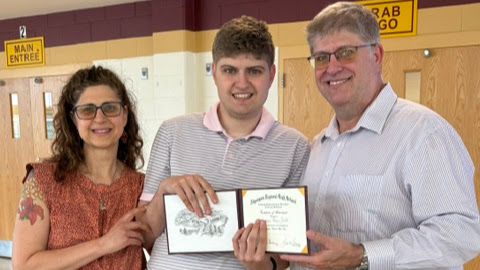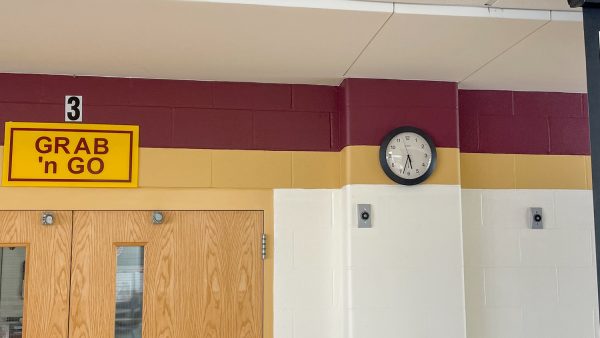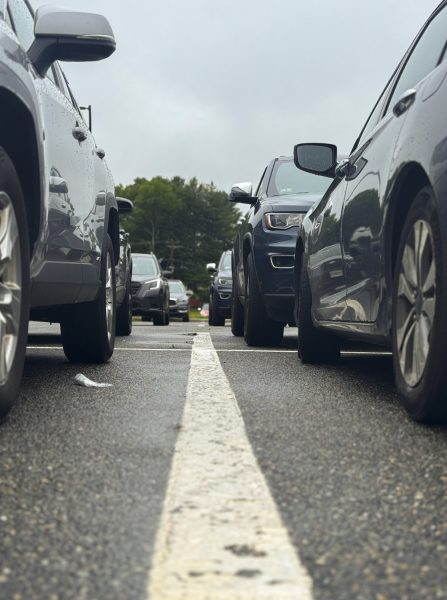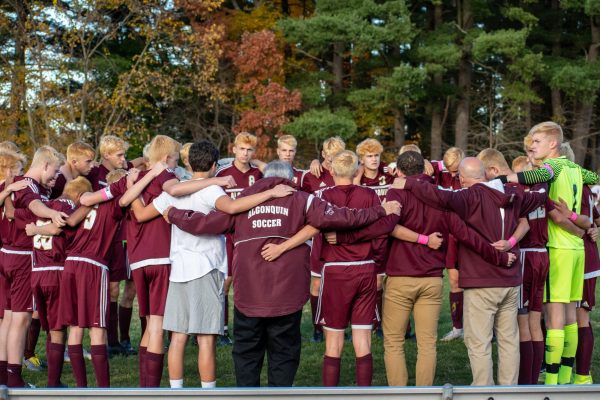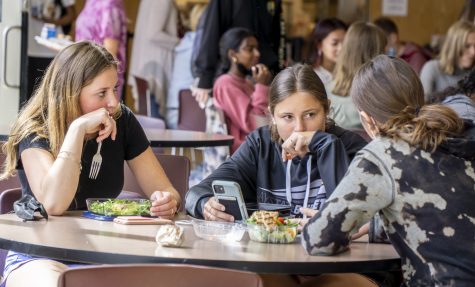Goodbye paperbacks, hello e-books?
Ever since Amazon released the famous Kindle, eBooks have gained popularity: a phenomenon that may be changing the way we read both in the library and the classroom.
However, it may be harder to make the transition then it seems.
“We haven’t gotten into [e-readers] because there have been so many restrictions for getting the eBooks,” librarian Michelle Rehill said. “I know that it’s something we have to deal with. I just don’t know that budget-wise and staffing- and time-wise we can really handle it right now.”
Although some readers enjoy the thin, lightweight convenience of Kindles, others prefer the clean, dependable feeling only a real book can supply.
“When I’m teaching I prefer paperback because it’s easy to flip around and get to the different pages. It’s harder to locate certain quotes and sections when you’re working electronically,” English teacher Virginia Fitzgerald said.
“I prefer paperback books because I like just actually having a physical thing in my hand… it makes me feel more involved with the story,” freshman Jimmy Grimaldi said.
Although paperback books may be reliable, eBooks also have their own conveniences.
“[An eBook] certainly is easier to carry around rather than having a big stack of print books,” said Rehill.
“I love eBooks!” senior Tina Daigneault said. “I have a Kindle and it’s so convenient. We are saving the planet by going paperless and by saving us a trip to the library or book store. Plus, they offer it at a cheaper price.”
The price of a basic Kindle is $69.00, while the average paperback book averages around $10.00. However, once the high e-reader cost is paid, eBooks may be purchased on it for as little as one dollar, or sometimes free,
Teachers may soon have to make the decision whether or not they will turn to electronic readers.
“…Technology is great, but I find sometimes it’s not so cooperative… if we were in class and everybody was using it, if the technology wasn’t working we’re kind of at a standstill, where if you have the book, you’re good to go,” Fitzgerald said.
Rehill made a similar point from what she has observed in the library.
“We’ve had a lot of occasions when students have been in here trying to do research and suddenly we lose our internet connection. Suddenly the students don’t have access to that information anymore. So it’s nice to know we still have the print books still available for them,” said Rehill.
The school is in the process of researching the need for eBooks in the library. However, Rehill has observed that students are still reading eBooks from the library’s online database.
“I can see what times of the day students are accessing the eBooks and I can tell you that there are some students who don’t get enough sleep at night,” said Rehill.
A donation of $40 or more includes a subscription to the 2025-26 print issues of The Harbinger. We will mail a copy of our fall, winter, spring and graduation issues to the recipient of your choice. Your donation supports the student journalists of Algonquin Regional High School and allows our extracurricular publication to purchase equipment and cover our annual website hosting costs.
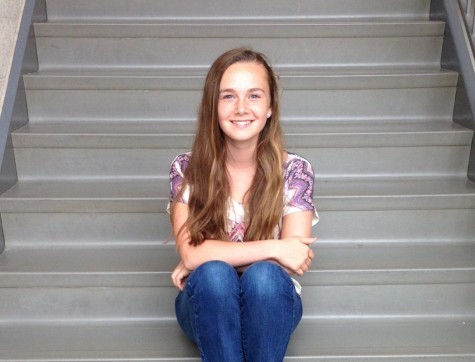
My name is Jen Fox, and I'm currently a senior and Co-Editor-in-Chief with one of my best buddies, Riya Pujari. When I'm not in the Publications room,...



